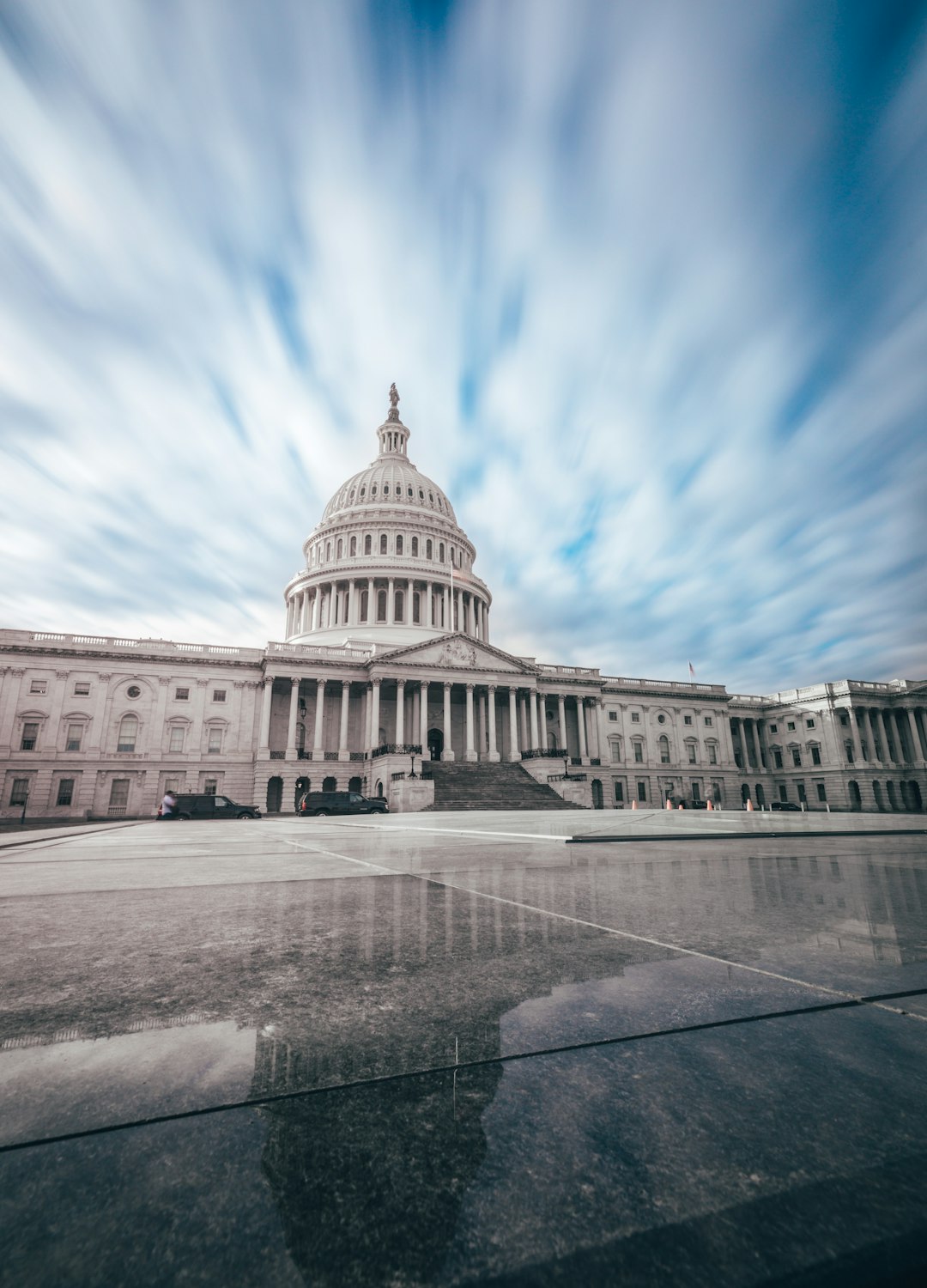In Washington state, residents can protect themselves from spam calls using the Telephone Consumer Protection Act (TCPA) and various tools. Registering on the National Do Not Call Registry, blocking unknown callers with apps, and reporting suspicious activity to local authorities or specialized spam call lawyers are effective strategies. Consulting these lawyers is crucial for understanding TCPA rights, stopping intrusive communications, recovering damages, and preventing future harassment, especially in the context of How to Stop Spam Calls Washington.
“Clarkston and Lewiston, known as Twin Cities, are taking a stand against relentless spam calls. This introduction explores how these communities, along with the rest of Washington state, can navigate and combat phone scam prevention through understanding federal laws like the TCPA (Telecommunications Consumer Protection Act). Learn practical strategies to stop unwanted spam calls and discover the role a specialized Spam Call Law Firm or Spam Call Lawyer in Washington can play in safeguarding your privacy.”
Understanding the TCPA and Spam Call Laws in Washington

In Washington state, the Telephone Consumer Protection Act (TCPA) plays a pivotal role in regulating spam calls. This federal law, enforced by the Federal Communications Commission (FCC), is designed to protect consumers from unsolicited telephone marketing calls and texts. Understanding the TCPA is crucial for residents of Clarkston and Lewiston, known as twin cities, who are increasingly facing phone scam attempts.
If you’re wondering how to stop spam calls Washington, it’s important to know that several measures can be taken. For starters, consumers have the right to register their phone numbers on the National Do Not Call Registry. Additionally, many spam call law firms in Washington and lawyer specialists for TCPA cases advise blocking unknown callers and using call-blocking apps. If you suspect illegal spam calls, reporting them to your local law enforcement agency or a reputable spam call lawyer Washington can be a step towards preventing future harassment.
Practical Strategies to Stop Unwanted Spam Calls

Spam calls are a widespread nuisance, but there are practical strategies to stop them in Washington state. One effective method is to register your number on the National Do Not Call Registry. This federal list restricts telemarketers from calling residential telephone numbers for marketing purposes. Additionally, many phone service providers offer call-blocking features or apps that can filter out unwanted calls, including spam. Utilizing these tools can significantly reduce the volume of unsolicited calls you receive.
For more robust protection, consulting a law firm specializing in TCPA (Telephonic Consumer Protection Act) litigation in Washington is advisable. Spam call lawyers can guide you on legal options and help recover damages if your rights have been violated. They also stay updated on changing laws and regulations regarding spam calls, ensuring you receive the best advice tailored to Washington state’s legal framework.
The Role of a Lawyer for TCPA Cases in Washington

When dealing with persistent spam calls in Washington, understanding your rights and legal options is crucial. The Telephone Consumer Protection Act (TCPA) is a federal law designed to protect consumers from unwanted telephone solicitations and prerecorded messages. If you’ve been experiencing a surge of spam calls, consulting with a lawyer specializing in TCPA cases can be immensely helpful. They can guide you on how to stop spam calls effectively and help you recover any damages incurred due to these intrusive communications.
A Spam call law firm in Washington, such as those experienced in handling TCPA cases, will assess your situation, determine if your rights have been violated, and suggest appropriate courses of action. This might include contacting the offending parties directly or filing a legal claim. These professionals are equipped to navigate the complexities of TCPA litigation, ensuring you receive compensation for any distress caused by the spam calls and setting a precedent to deter similar future incidents.






